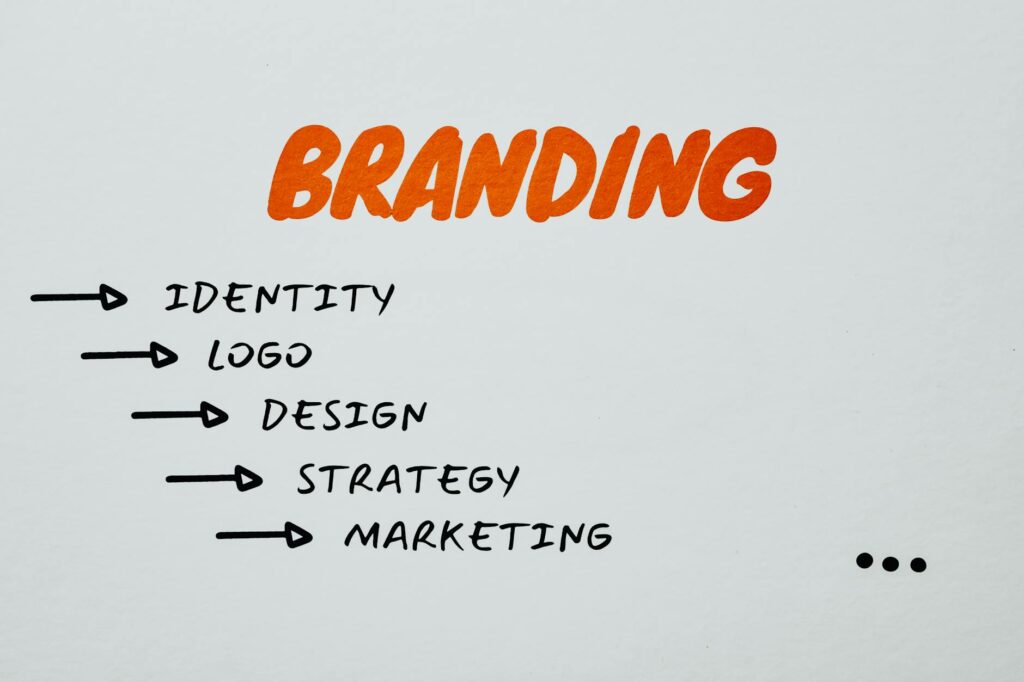In the past, the entrepreneur was often a behind-the-scenes figure, a CEO who spoke from a position of corporate authority but remained largely anonymous to the public. The business was the brand, and the founder was simply its steward. In today’s digital world, this model has been turned on its head. In a crowded and skeptical marketplace, the most powerful and enduring brands are those built on a human foundation. They are the businesses whose reputation is inseparable from the reputation of their founder. The modern entrepreneur’s secret weapon is not a new technology or a clever marketing campaign; it’s the intentional and authentic cultivation of their personal brand.
This is not about self-aggrandizement. It’s about leveraging your unique expertise, your voice, and your values to create a public identity that builds trust and opens doors. Your personal brand is the bridge between your customers and your company. It’s the story people tell about you when you’re not in the room. And in an era where trust is the ultimate currency, it is your business’s single greatest asset.
The New Face of Business
The idea that a business should be an impersonal, faceless entity is a relic of a bygone era. The digital landscape has created a demand for authenticity and direct connection.
- The Demand for Authenticity: Consumers today are deeply skeptical of traditional advertising. They want to know the “why” behind a company. They want to connect with the people who are building the products they use and the services they rely on. A founder who is willing to share their journey, their struggles, and their vision provides that human connection that a corporate logo never can.
- Platforms as Amplifiers: Social media platforms like LinkedIn, Twitter, and YouTube have democratized influence. The same tools once reserved for celebrities and politicians are now accessible to every entrepreneur. This allows founders to bypass traditional media and speak directly to their audience, building a following based on genuine expertise and value.
- Trust Transfer: For startups and small businesses, a strong personal brand is a shortcut to credibility. When a founder is trusted, that trust transfers directly to the company. Customers are more willing to take a chance on a new product if they believe in the person behind it.
The modern entrepreneur’s job is not to hide behind their logo but to stand in front of it, acting as the living embodiment of their company’s values and mission.
Building Your Personal Brand: A Three-Pillar Framework
Building a powerful personal brand is a deliberate process, but it doesn’t require a public relations team. It’s built on three core pillars.
- Pillar 1: Define Your Expertise (The What). Your personal brand must be rooted in genuine expertise. You can’t be an authority on everything, so you must choose a specific niche. What problem are you uniquely qualified to solve? What knowledge can you share that others find valuable? This could be anything from deep insights into supply chain management to practical advice on building a community. This specific focus gives your audience a clear reason to follow you.
- Pillar 2: Cultivate Your Voice (The How). This is where you infuse your brand with your unique personality. Your voice is not a corporate script; it’s your authentic way of thinking and communicating. It includes your sense of humor, your tone, and the unique perspective you bring to your field. In a world of homogenous content, your voice is what will make you memorable. Authenticity is key. People can tell when you are trying to be something you are not.
- Pillar 3: The Platform Strategy (The Where). You don’t need to be everywhere. Your personal brand should live on the digital platforms where your target audience spends their time. If you’re building a business-to-business company, LinkedIn may be your most important platform. If you’re a thought leader, Twitter or a personal blog might be your home base. If you’re building a community around a visual product, Instagram or YouTube could be your primary channel. By focusing on a few key platforms, you can be consistent and build a deep connection rather than a shallow, fragmented presence.
From Personal Brand to Business Growth
A powerful personal brand isn’t just about ego; it’s a strategic asset that provides tangible business returns.
- Thought Leadership and Authority: By consistently sharing valuable insights, you position yourself as a leader in your industry. This authority attracts not only customers but also top talent, potential partners, and media opportunities. You become a go-to source of information, which is a powerful form of marketing.
- Organic Lead Generation: When you provide genuine value without asking for anything in return, people will naturally be drawn to you. They will seek you out for advice and solutions, creating a powerful inbound marketing channel that costs significantly less than traditional advertising. Your personal brand becomes a magnet for the right kind of customers.
- Crisis Management and Resilience: In the face of a business crisis, a strong, trusted personal brand can be a company’s greatest asset. People are far more willing to give a leader they trust the benefit of the doubt. Your personal brand acts as a human shield, protecting your company’s reputation during challenging times.
Conclusion
The future of business is being built by people, not just companies. The lines between the two are blurring, and that is a good thing. Your personal brand is not a vanity project; it is the living embodiment of your company’s mission, values, and expertise. It is the bridge that connects your vision to the people you are here to serve.
So, don’t hide behind a logo. Stand in front of it. Start today by intentionally cultivating your unique voice and sharing your knowledge with the world. Your personal brand is the most valuable asset you will ever build, and it is the key to building a business that is not just profitable, but also powerful, authentic, and enduring.



